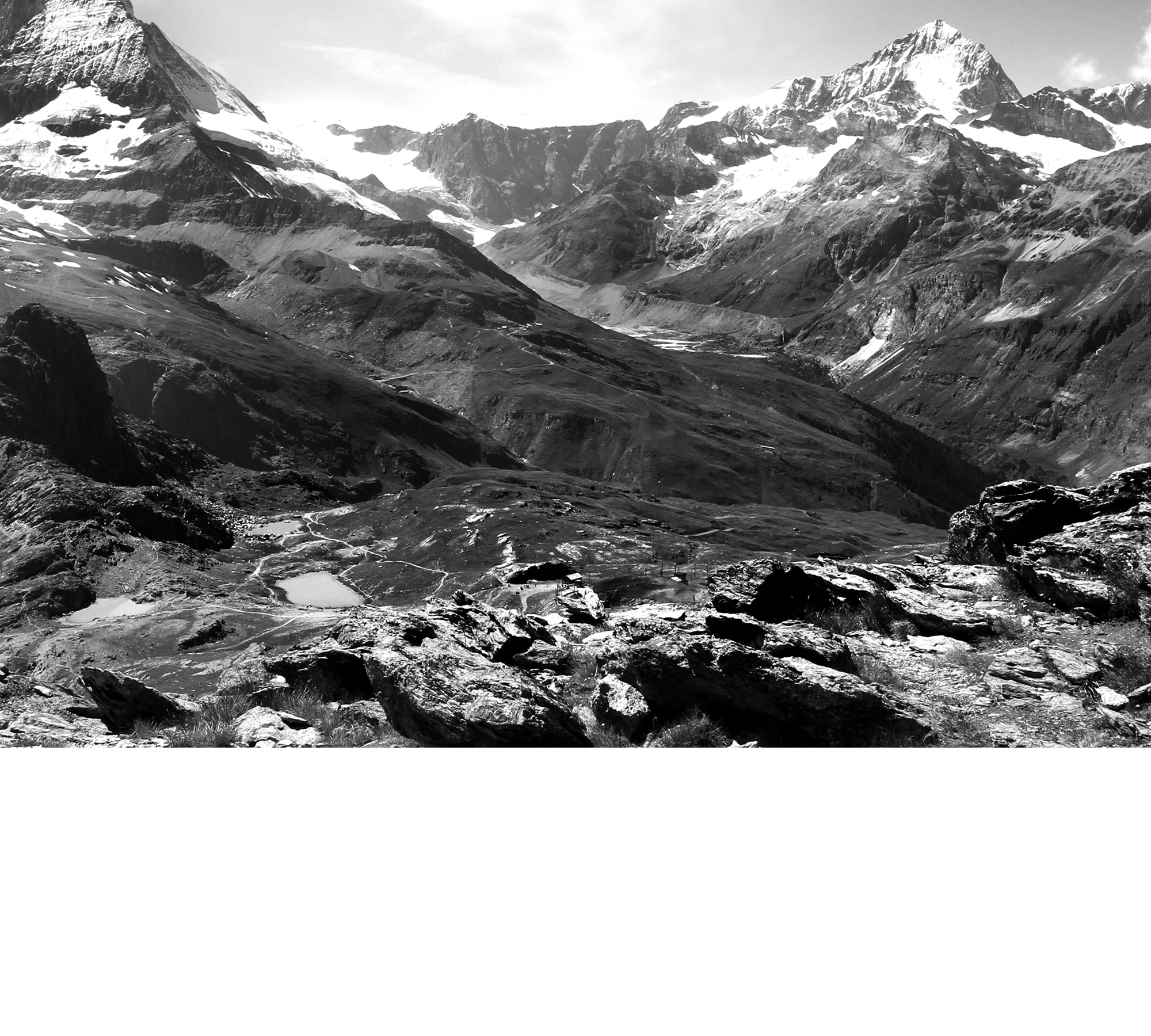St. Gotthard: Heart of the Alps in the center of Europe


Switzerland as we know it today with its status of eternal neutrality was born 200 years ago at the Vienna Congress.
After the Napoleonic wars in 1815 the important European empires Austria, Britain, France and Russia considered it very important to have a neutral independent country in the center of Europe, which would guarantee security on the European continent. The Swiss government has always recognized the decisive role which Russia played in the agreements. . The most significant reason for this decision was the geographical factor: the position of Switzerland in the center of Europe and the concentration of the important mountain passes connecting different parts of the European continent.
One of the strategically important mountain passes and the shortest transit way between North and South of Europe is the St.Gotthard pass over the Swiss Alps.
St.Gotthard mountain massive touches four cantons: Graubünden, Ticino, Uri and Wallis. Four large European rivers Reuss, Rhine, Ticino, and Rhône have their sources in this region and after crossing most of the continent, they flow into the North Sea and the Mediterranean.
The Gotthard Pass is mentioned in the Annales Stradenses (13th century), a guide for pilgrims who wanted to reach Rome or the Holy Land. In 1230 the chapel dedicated to St. Gotthard was consacrated and the hospice lead by the Humiliati order was built: the latter providing the assistance network for travellers.
In 1799, the Russian army led by Marshal Alexander Suvorov crossed the pass and fought against the French, in the Reuss gorges. The Chapel of the Dead on the peak of the Gotthard massive has become a symbol of reconciliation, where unidentified people of different nationalities who died crossing St.Gotthard pass are buried, it is also a common grave for Russian, French and Austrian soldiers.
Such a rich historical and geographical background has formed and created the very specific identity of the St.Gotthard people: their strong and wise character able to fight against the wild nature, to tolerate different cultures and religions and to be open to welcome the world.